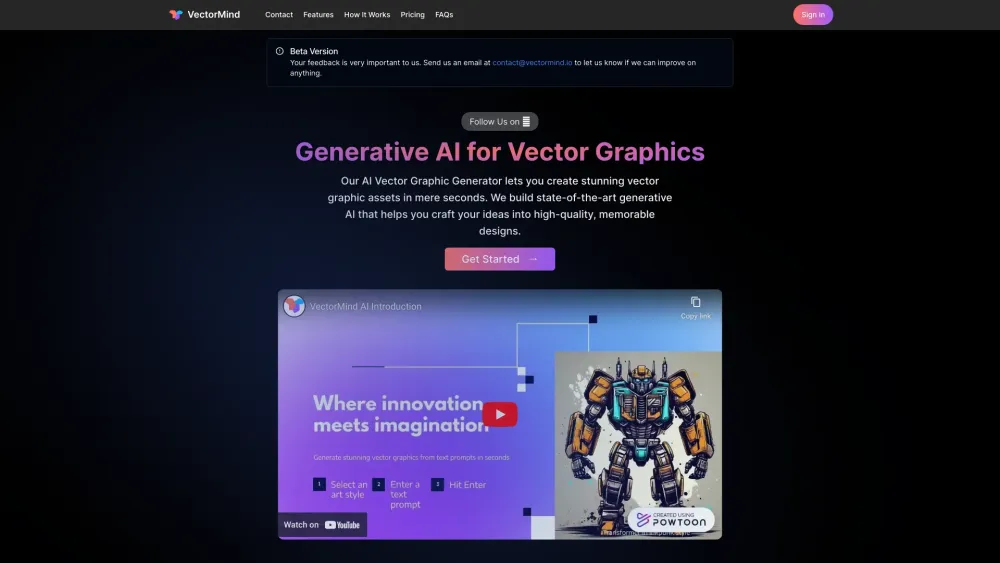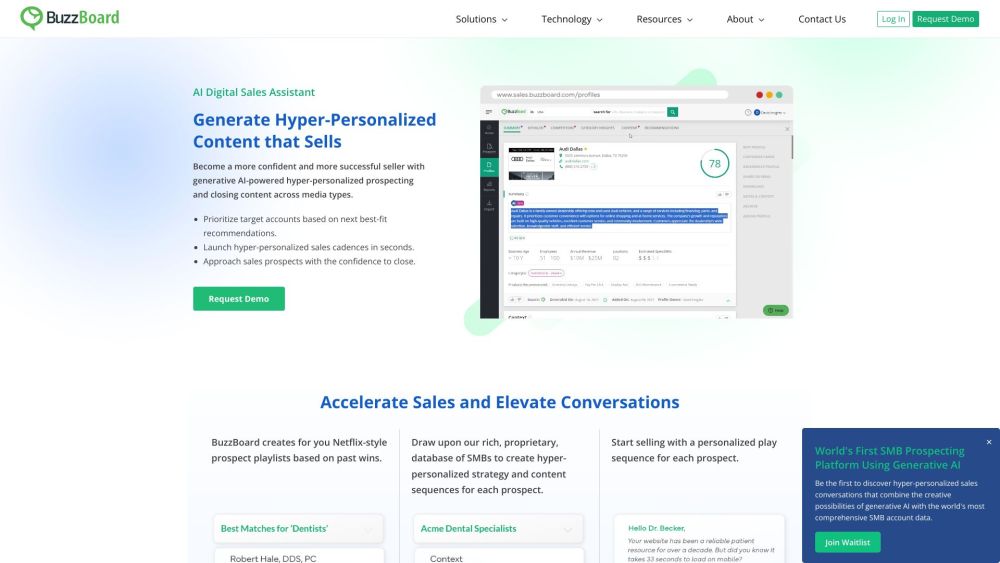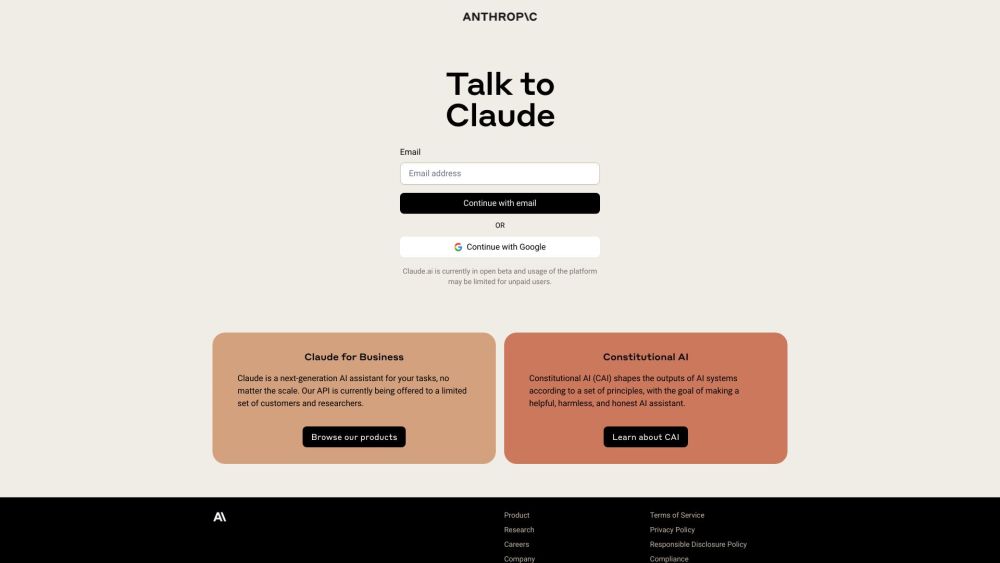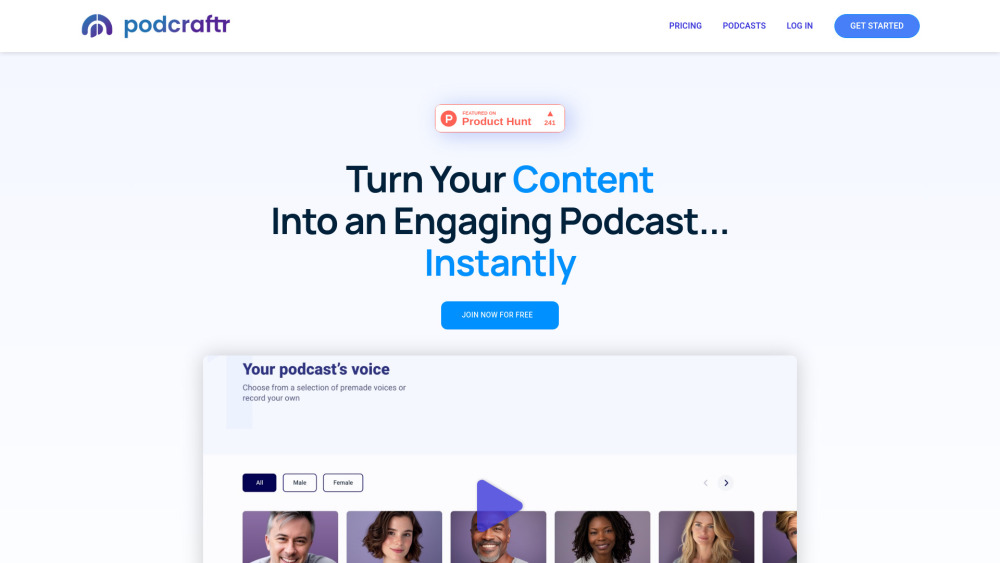A coalition of newspapers is pursuing legal action against OpenAI and Microsoft, alleging that their AI models were developed using content from the newspapers without authorization. The lawsuit, filed in the Southern District of New York, accuses the companies of appropriating copyrighted articles for the creation of ChatGPT and Microsoft Copilot, describing their actions as akin to “theft.”
The newspapers involved in the lawsuit include prominent outlets such as the Chicago Tribune, the Denver Post, and the New York Daily News, all owned by Alden Global Capital. The publishers are demanding a jury trial, seeking a judicial determination that OpenAI and Microsoft unlawfully and unfairly reproduced their content. Additionally, they are pursuing compensatory damages and a share of the profits that the companies have reportedly derived from the alleged infringement.
Spanning 294 pages, the complaint emphasizes how AI systems like ChatGPT and Microsoft Copilot threaten local journalism by utilizing their content without compensation. It states, “Microsoft and OpenAI simply take the work product of reporters, journalists, editorial writers, and editors who contribute to local newspapers, disregarding the time and effort invested by those who create and disseminate news vital to local communities.”
The lawsuit highlights the extensive investment that publishers have made, stating they have spent billions dispatching journalists to cover real events and deliver this reporting in both print and digital formats. The complaint accuses the two companies of exploiting this work without consideration, describing the generative AI products as vehicles that retransmit the publishers’ content—often verbatim from paywalled websites—undermining their core business model.
Included in the lawsuit are specific examples showing alleged outputs from AI tools containing “verbatim excerpts” from these newspapers. Just recently, OpenAI inked a new agreement with the Financial Times to access its content library for model training, with FT articles expected to appear in ChatGPT as summaries linked to relevant user queries.
The suit further contends that ChatGPT and Microsoft Copilot have been responsible for propagating inaccuracies, falsely attributing misleading information to the newspapers. The publishers assert, “Beyond merely profiting from the theft of the publishers’ content, the defendants are actively damaging the newspapers’ reputations and disseminating misinformation.”
The law firm Rothwell, Figg, Ernst & Manbeck is representing the newspapers and is involved in a separate copyright infringement case against OpenAI brought by the New York Times. OpenAI has previously denied any wrongdoing in its dispute with the Times, countering that the publication had influenced ChatGPT to produce copyrighted material to support its legal claims.
Earlier this year, during discussions with the UK Parliament, OpenAI maintained that it would be “impossible” to create large language models without utilizing copyrighted content. In response to these assertions, the current lawsuit argues, “Despite acknowledging their reliance on copyrighted material for the development of a commercially viable AI product, OpenAI claims they can use publishers’ content without consent and without compensating them. This position is fundamentally flawed, as this lawsuit will demonstrate.”
In an effort to address potential legal concerns arising from future AI systems, OpenAI has established partnerships with several publishers, including the Associated Press and Axel Springer.




